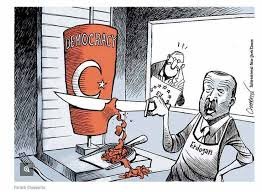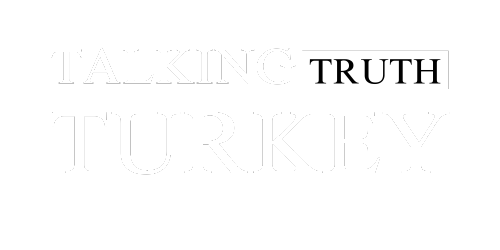
“I would find it hard to believe that Turkey could seriously think that Israel would approve of allowing Turkey to participate in airdrops. When there’s an airdrop, Israel does not review what is in the airdrop, so it is only countries that they would really trust from a security standpoint that they would give clearance to. At least, I believe that’s the case,” Makovsky said.
“If Turkey did apply, I am sure they knew when they applied that there was no way Israel would approve it,” he said. “I suspect they used that as a cover for what is really a domestic political decision.”
Makovsky was referring to the success of the Islamist New Welfare Party (YRP) in last month’s local elections in Turkey. YRP, which came third, was vocal in criticizing Erdogan for not cutting off trade with Israel during the campaign
The two countries signed a free-trade agreement in 1996. According to the state-run Turkish Statistical Institute, Turkey’s exports to Israel were worth $5.4 billion in 2023, while Israel’s exports to Turkey were worth $1.6 billion the same year.
“In terms of replacing materials, the burden is going to be greater on Israel, but there could be economic problems for Turkey, obviously, if these sales do not go through,” Makovsky said.
“I also wonder what message it sends to international investors if Turkey suddenly prevents private contracts from being carried out for political reasons. That may not be a great thing for the Turkish economy,” he said.
Some experts said the restrictions would broadly affect Israel’s construction sector.
“Regarding some materials, such as cement, Israel is highly dependent on imports from Turkey. Israel can find alternatives, but they will cost more, and it may take time till it finds the relevant substitutes,” INSS’s Lindenstrauss told VOA.
